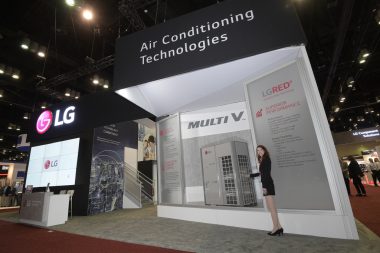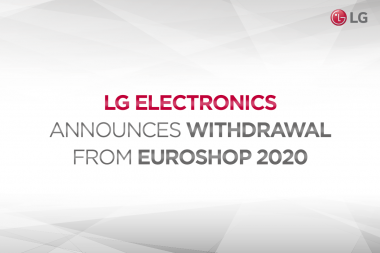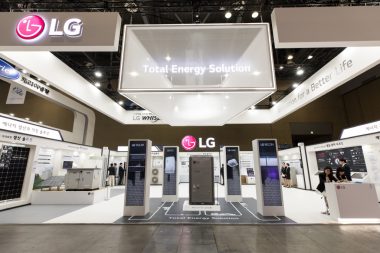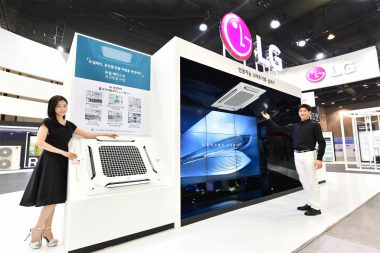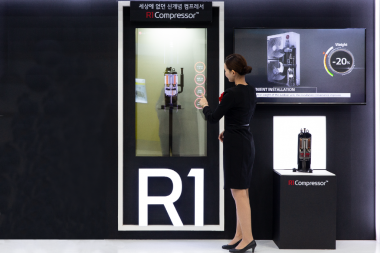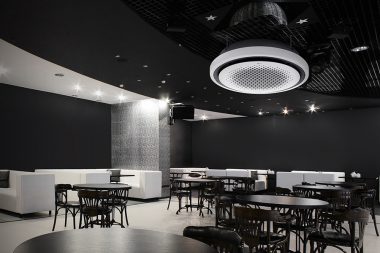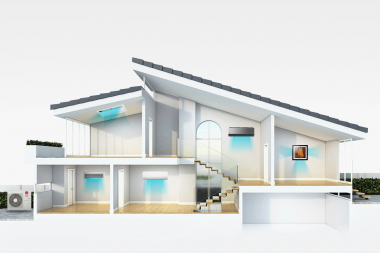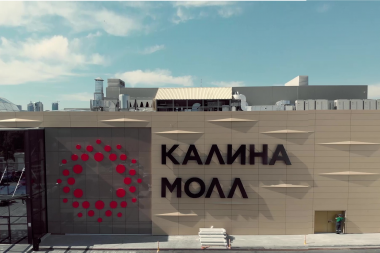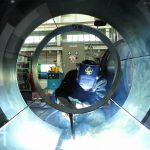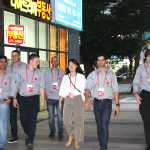With increasing construction and development across many industries worldwide, the HVAC industry has also continued to show expansion. Heating, cooling and air purification have become an integral and even essential part of daily life for many of us. Such an invaluable industry is driven by innovative technology and with this innovation, come regulations that ensure that the technology is safe for users and the environment. In past years, HVAC regulations such as minimum efficiency requirements for rooftop outdoor units in 2018 have been implemented that influenced the HVAC solution installations. However, a few more recent regulations that have significantly impacted the HVAC industry have gone into effect. We would like to briefly cover 2 newly implemented regulations their implications for the HVAC market in certain parts of the world.
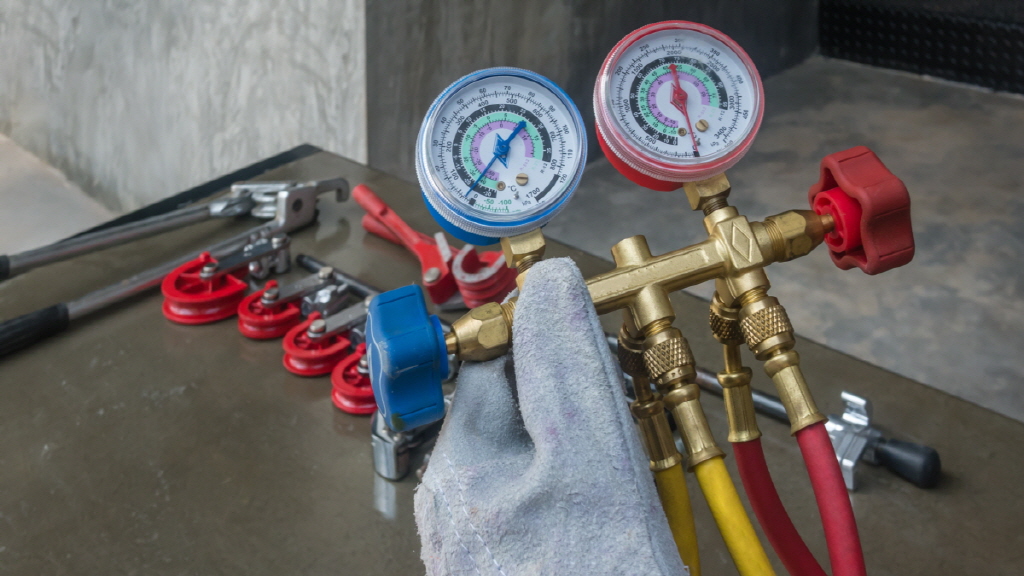 2020 brought in a new regulation for more eco-friendly refrigerant
2020 brought in a new regulation for more eco-friendly refrigerant
A More Ethical Refrigerant
Hydrochlorofluorocarbons (HCFC) have long been used as a refrigerant medium in heating and cooling systems. For decades, we have been aware of the harmful impact that chemicals such as chlorine found in HCFC gases have on the ozone layer and their influence on the greenhouse effect. As far back as 1992, plans were put in place to eliminate the use of refrigerants with high Global Warming Potential (GWP) including the commonly used R22. As of January 2020, the use of R22 has been phased out. HVAC systems that use R22 must be replaced or, when possible, updated to newer and more environmentally friendly refrigerant such R410 or the even lower GWP refrigerant R32 as is used in many LG HVAC systems. Fortunately for home and facility owners, almost all HVAC units manufactured over the past decade are using safer and more efficient refrigerants in preparation for the R22 phase out. The newly implemented regulation not only ushers in more environmentally friendly systems but will also drive the innovation of more efficient and effective solutions.
Learn more about hydrochlorofluorocarbons and the history of HVAC refrigerants.
https://www.lghvacstory.com/the-history-of-refrigerant-ice-in-the-veins/
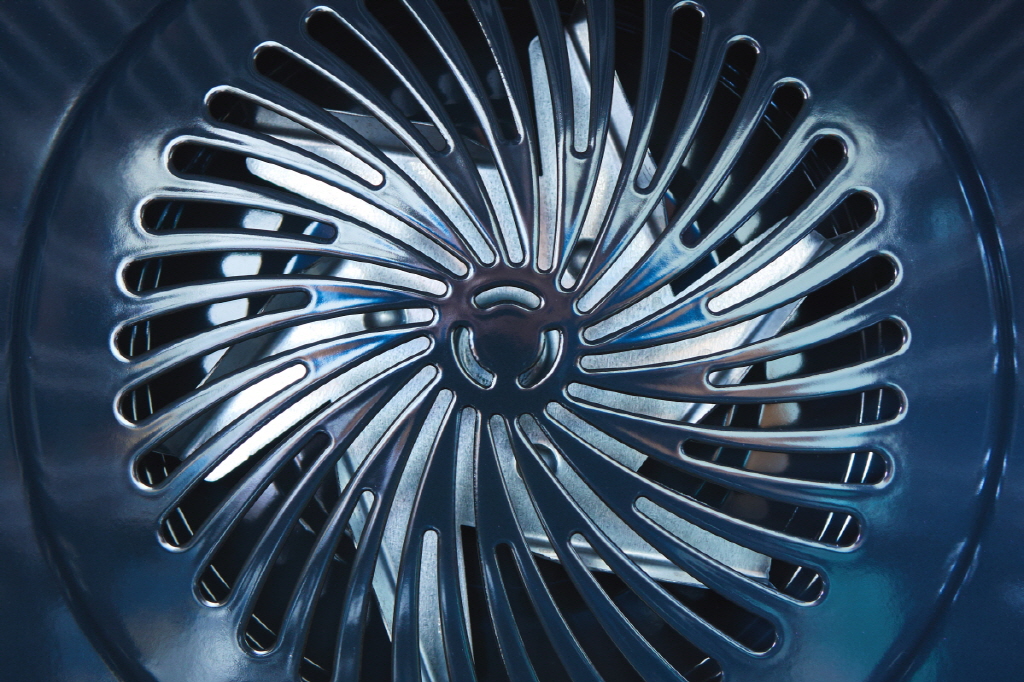 Some regions have been affected by new standards for furnace fan efficiency
Some regions have been affected by new standards for furnace fan efficiency
Fanning the Flames of Efficiency
The efficiency of a system is only as efficient as its components. Fans are an integral part of air distribution in an HVAC system and even older furnace or boiler systems rely on these essential components. In 2019, new standards for furnace fan efficiency, or Fan Energy Rating (FER), were implemented in some regions to reduce overall energy consumption in furnace based systems. FER is a calculation that compares the power consumption of a fan to the amount of airflow it delivers. The wattage used in new furnace fans must be reduced dramatically to meet the new regulation standards. The standards also apply to commercial and residential applications, although legacy furnace systems are not required to be updated. The manufacture and sale of substandard components will be restricted and components already in use will be used until they are no longer functional or are replaced. This will require installers to stock inventory and become familiar with fans that meet the new efficiency standards.
Though many not be directly impacted by these new industry regulations, the industry at large is already experiencing the effects with newer, more efficient, and more effective solutions. As a professional in the field, keeping up on new industry regulations and standards is key to staying ahead of the game and providing customers with the highest level of service. Be sure to check back with our blog to learn the latest in HVAC trends and industry standards.


